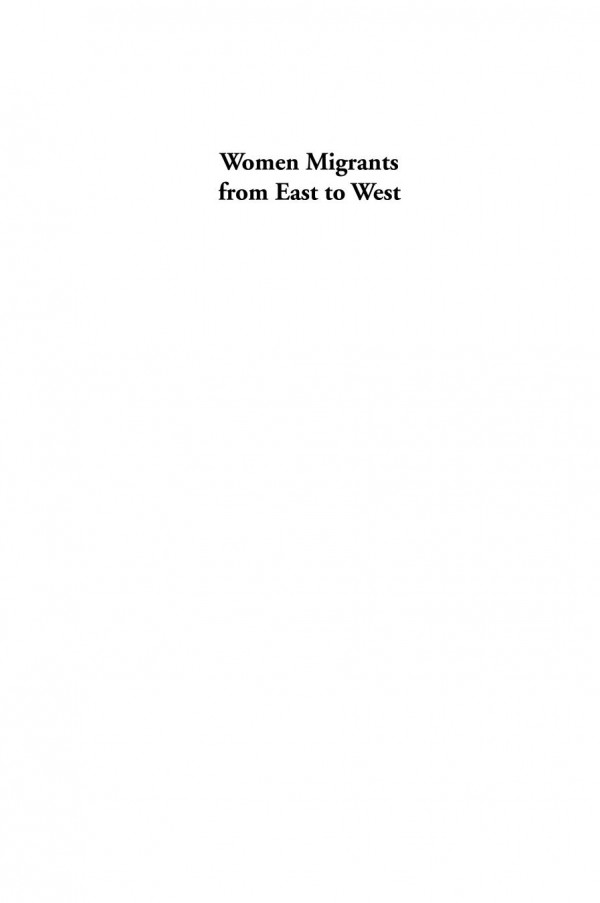

Most ebook files are in PDF format, so you can easily read them using various software such as Foxit Reader or directly on the Google Chrome browser.
Some ebook files are released by publishers in other formats such as .awz, .mobi, .epub, .fb2, etc. You may need to install specific software to read these formats on mobile/PC, such as Calibre.
Please read the tutorial at this link: https://ebookbell.com/faq
We offer FREE conversion to the popular formats you request; however, this may take some time. Therefore, right after payment, please email us, and we will try to provide the service as quickly as possible.
For some exceptional file formats or broken links (if any), please refrain from opening any disputes. Instead, email us first, and we will try to assist within a maximum of 6 hours.
EbookBell Team

4.1
10 reviewsBased on the oral histories of eighty migrant women and thirty additional interviews with ‘native’ women in the ‘receiving’ countries, this volume documents the contemporary phenomenon of the feminisation of migration through an exploration of the lives of women, who have moved from Bulgaria and Hungary to Italy and the Netherlands. It assumes migrants to be active subjects, creating possibilities and taking decisions in their own lives, as well as being subject to legal and political regulation, and the book analyses the new forms of subjectivity that come about through mobility.
Part I is a largely conceptual exploration of subjectivity, mobility and gender in Europe. The chapters in Part II focus on love, work, home, communication, and food, themes which emerged from the migrant women’s accounts. In Part III, based on the interviews with ‘native’ women – employers, friends, or in associations relevant to migrant women – the chapters analyse their representations of migrants, and the book goes on to explore forms of intersubjectivity between European women of different cultural origins. A major contribution of this book is to consider how the movement of people across Europe is changing the cultural and social landscape with implications for how we think about what Europe means.
Cover image: Painting by Carla Accardi. Reproduced with the kind permission of Luca Barsi of the Galleria Accademia, Via Accademia Albertina 3/e, 10123 Torino.